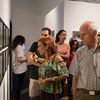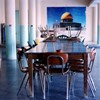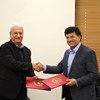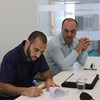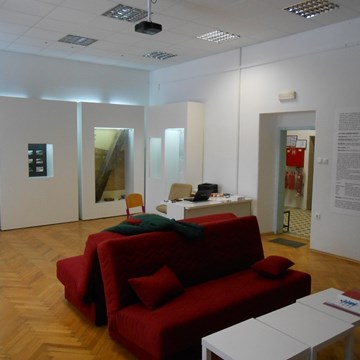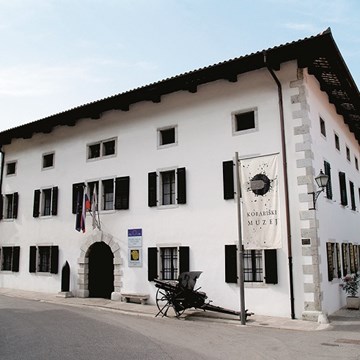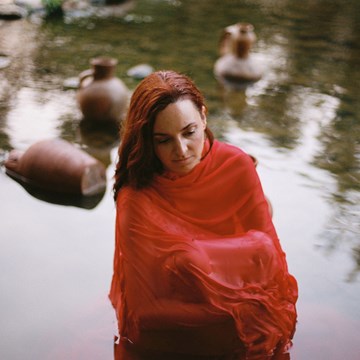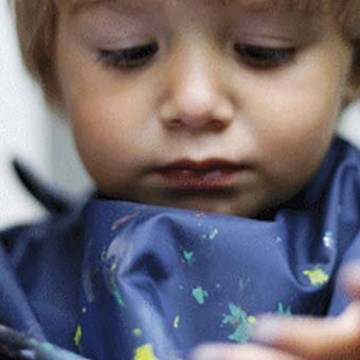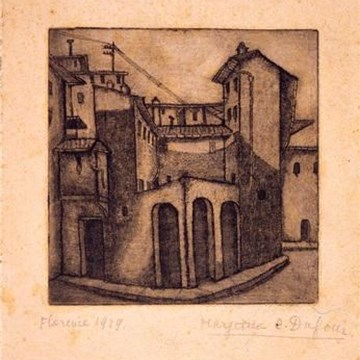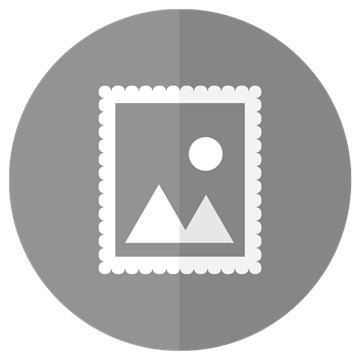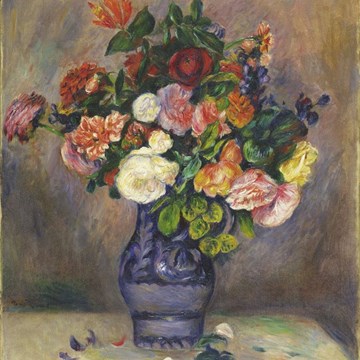The Palestinian Museum
The Museum
The Palestinian Museum is an independent institution dedicated to supporting an open and dynamic Palestinian culture nationally and internationally. The Museum presents and engages with new perspectives on Palestinian history, society and culture. It also offers spaces for creative ventures, educational programmes and innovative research. The Museum is a flagship project of Taawon-Welfare Association and one of the most exciting new cultural projects in Palestine.
The Museum’s Vision
The Palestinian Museum aims to contribute to a vibrant Palestinian cultural scene with a national and international presence, capable of strengthening the bonds between Palestinians and those interested in their culture and history.
The Museum will focus on promoting Palestinian culture in the Arab world and internationally; creating the environment for free and innovative intellectual and creative endeavour; advocating for the use of cultural tools for educational purposes; strengthening a sense of unifying national identity; and fostering a culture of dialogue and tolerance.
Museum without Borders
The Palestinian Museum was designed as a transnational institution, capable of overcoming geographical and political boundaries to reach Palestinians within historic Palestine and beyond. Its digital collections and online platforms, alongside its network of local and international partnerships, will allow for the sharing of skills, resources, programmes and exhibitions with individuals and institutions worldwide.
Our Story
In 1997, members of Taawon-Welfare Association wanted to create a museum dedicated to the memory of the Nakba in order to document the catastrophe that shaped the history of modern Palestine as a result of the expulsion from their homeland of more than 60 percent of the country’s Arab inhabitants. With time, however, this idea evolved so that the Museum no longer only focusses on the Nakba, but is now planned as an institution that can celebrate Palestine’s culture more broadly. The Museum aims to do this through a series of innovative and creative programmes that will allow its audience to also reflect on the present in order to imagine a better future.
Taawon-Welfare Association is an independent Palestinian non-profit organisation, committed to providing development and humanitarian assistance to Palestinians in the West Bank, Jerusalem, the Gaza Strip, 1948 Areas, and the Palestinian communities in Lebanon.
Location
The Museum building is located on a 40,000m2 plot next to Birzeit University campus, on a hill over looking the Mediterranean. The site is 7 miles north of Ramallah, and approximately 19 miles from Jerusalem.
The Building Design
The Palestinian Museum building was designed by Dublin-based architecture company Heneghan Peng and is an exemplar of clean, contemporary design that blends seamlessly with the local rural landscape. The building’s structure references the terraced hills around Birzeit and is surrounded by terraced gardens, planted with trees and flowers local to Palestine. Covering an area of 3500 m2, the building contains exhibition spaces, an open-air Open-air Theatre, and indoor and outdoor cafeterias as well as classrooms, offices, and storage space.
A Green Building
The Palestinian Museum is Palestine’s first green building following the (LEED) rating system. In this as in other fields, it aims to present an example of long-term energy sustainability based on international criteria. Energy-saving measures will help the Museum save 27percent of its annual energy consumption and 37percent of its water consumption. These levels are considered high by international standards.
The Palestinian Museum’s Gardens
Palestine has a rich and diverse flora and a wide range of non-native plants. The local Palestinian landscape has been shaped by both its own flora and the cultural landscape deriving from the plants that grow in this environment and the related traditions, plants that are either indigenous or have become naturalised over time. This influence is evident in the Palestinian Museum’s gardens, whose design combines the contrasting themes of the “natural landscape” and the “cultural landscape”. Such dynamics are manifested in the variation of the plants, between wild and domesticated plants, in the approach to the building.
The gardens, designed by Jordanian landscape architect Lara Zureikat, tell the story of the different phases of the agricultural and plant history of Palestine. Visitors who tour the gardens can enjoy aromatic plants and medical herbs, legumes and field crops, surrounded by wild and fruitful trees. Because they are seasonal by nature, the plants will alternate the roles of presence, hence some will grow and others fade with the change of seasons.
Click here to view and download the gardens manual.
Exhibitions and events
We don't have anything to show you here.
Educational programs
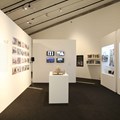
Interactive Tours for University Students
WorkshopInteractive Tours for University Students The Palestinian Museum will organize specialized interactive tours of the “Jerusalem Lives” exhibition. These in-depth tours will draw on the core theme of...
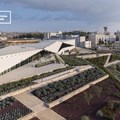
School Visits
WorkshopOver the month of October, the museum will student groups. Students aged 11 to 14 will have the opportunity to explore the political, economical, ideological, cultural and environmental aspects of...
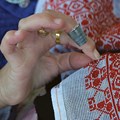
At the Seams: A Political History of Palestinian Embroidery
WorkshopThe educational and public program for At the Seams: A Political History of Palestinian Embroidery Tour Curator's Tours Saturday 28th May – 11am-12pm Wednesday 29th June – 6pm-7pm Friday 29th July –...
Collections
We don't have anything to show you here.
Articles
Education programmes of "Jerusalem Lives" exhibition
The Palestinian Museum presents five new education programmes on the occasion of its inaugural exhibition, JERUSALEM LIVES. A key component is engaging and...
The Public Programme of “Jerusalem Lives” Exhibition
The public programme of the “Jerusalem Lives” exhibition seeks to instigate a continuous state of direct cooperation with the social, national and civic...
The Palestinian Museum Announces its Programme for 2017 and 2018
Birzeit, Palestine - 16 Jan 2017 - The Palestinian Museum has announced its rich and diverse programme for 2017 and 2018. The programme includes five major...
The Palestinian Museum signs a memorandum of understanding with Birzeit University
The Palestinian Museum signs a memorandum of understanding with Birzeit University The Palestinian Museum and Birzeit University signed a memorandum of...
The Palestinian Museum Signs an agreement with “Ommar El-Ard” for Waste Recycling
Building on its Green Building Legacy The Palestinian Museum Signs an agreement with “Ommar El-Ard” for Waste Recycling The Palestinian Museum, committed to...






